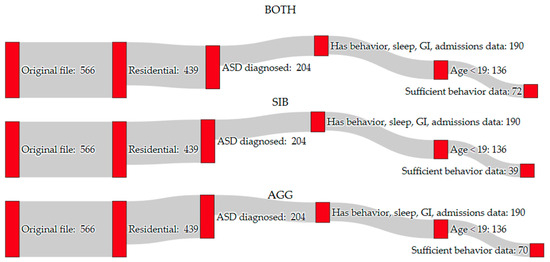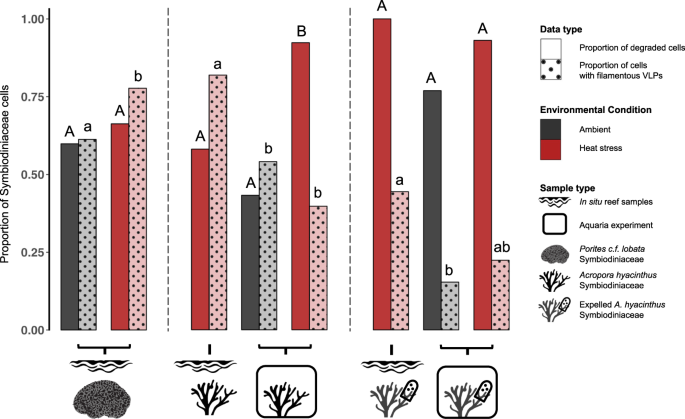2023-11-06 レンセラー工科大学 (RPI)
◆研究によれば、80人の対象者のうち5人について、胃腸の問題が次の日の難しい行動を80%以上の正確さで予測し、睡眠の質も行動に影響を与えました。深刻な自閉症は一生涯の状態ですが、睡眠と胃腸の健康に対処することが、難しい行動に対処するのに役立つ可能性があります。
<関連情報>
- https://news.rpi.edu/content/2023/11/06/ai-predict-challenging-behaviors-profound-autism
- https://www.mdpi.com/2075-4426/13/10/1513
病歴と環境データを用いた自閉症スペクトラムにおける問題行動の予測 Predicting Problematic Behavior in Autism Spectrum Disorder Using Medical History and Environmental Data
Jennifer Ferina,Melanie Kruger ,Uwe Kruger ,Daniel Ryan ,Conor Anderson ,Jenny Foster ,Theresa Hamlin and Juergen Hahn
Journal of Personalized Medicine Published: 21 October 2023
DOI:https://doi.org/10.3390/jpm13101513

Abstract
Autism spectrum disorder (ASD), characterized by social, communication, and behavioral abnormalities, affects 1 in 36 children according to the CDC. Several co-occurring conditions are often associated with ASD, including sleep and immune disorders and gastrointestinal (GI) problems. ASD is also associated with sensory sensitivities. Some individuals with ASD exhibit episodes of challenging behaviors that can endanger themselves or others, including aggression and self-injurious behavior (SIB). In this work, we explored the use of artificial intelligence models to predict behavior episodes based on past data of co-occurring conditions and environmental factors for 80 individuals in a residential setting. We found that our models predict occurrences of behavior and non-behavior with accuracies as high as 90% for some individuals, and that environmental, as well as gastrointestinal, factors are notable predictors across the population examined. While more work is needed to examine the underlying connections between the factors and the behaviors, having reasonably accurate predictions for behaviors has the potential to improve the quality of life of some individuals with ASD.


